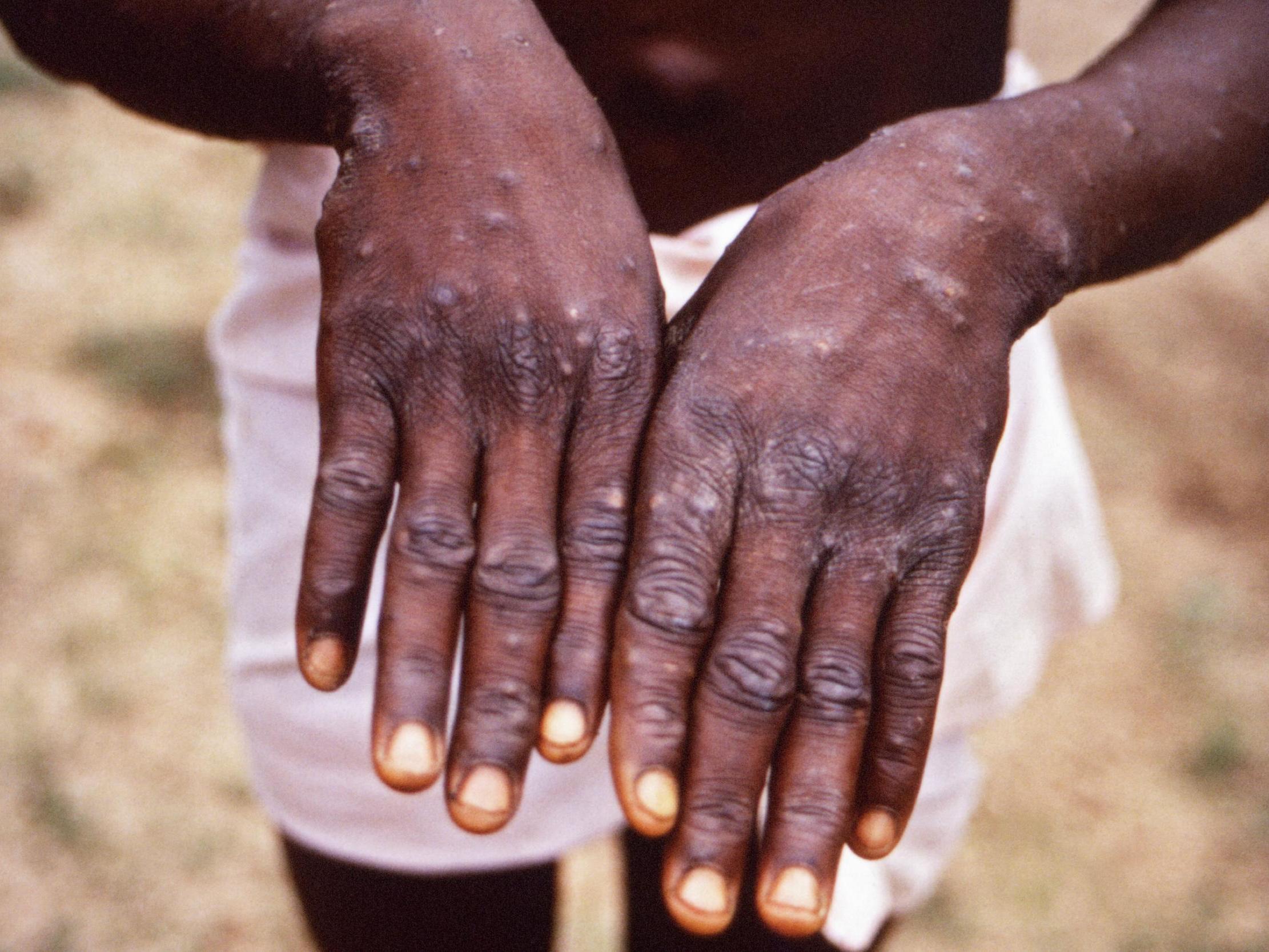Rare monkeypox case detected in England
Public Health England is contacting passengers who flew to the UK with the patient from Nigeria but stressed risk to the public was low

A case of monkeypox has been detected in the UK, health officials announced on Wednesday.
A patient in the southwest of England was diagnosed with the rare virus after visiting Nigeria and was transferred to London’s infectious disease centre at Guy’s and St Thomas’ Foundation Trust.
Public Health England (PHE) said monkeypox posed a low risk to the general public and does not spread easily between people.
Although most people recover after a few weeks, it can be deadly in a small number of cases.
The first case of monkeypox in the UK was reported in September 2018 when three patients were infected.
As a precautionary measure, experts from PHE are now contacting people who might have been in close contact with the patient to provide information and advice.
This includes contacting passengers who travelled with the patient on the same flight to the UK.
Dr Meera Chand, a consultant microbiologist at PHE, said: “Monkeypox does not spread easily between people and the overall risk to the general public is very low. We are following up with those who have had close contact with the patient to offer advice and to monitor them as necessary.
“PHE and the NHS have well established and robust infection control procedures for dealing with cases of imported infectious disease and these will be strictly followed to minimise the risk of transmission.”
The virus originates from central and west African countries, and initial symptoms include fever, headache, muscle aches, backache, swollen lymph nodes, chills and exhaustion.
A rash can also develop, often beginning on the face before spreading to other parts of the body. The rash changes and goes through different stages before finally forming a scab, which later falls off.
Join our commenting forum
Join thought-provoking conversations, follow other Independent readers and see their replies
Comments
Bookmark popover
Removed from bookmarks